
Mental Illness Stigma Project
Video from the Mental Illness Stigma Project. How many ways can you describe someone who is mentally ill? […]

Video from the Mental Illness Stigma Project. How many ways can you describe someone who is mentally ill? […]

The first-hand recollections of Williams appearing all over the internet today recall not only his humor but also his cocaine and alcohol addictions, as well as his pain and depression. In many ways, Williams is the modern-day, real-life Richard Cory, a tragic reminder that appearances can be deceiving and that even humor—especially humor—can be used as a mask that shields both the wearer and those around him, from the pain underneath. […]
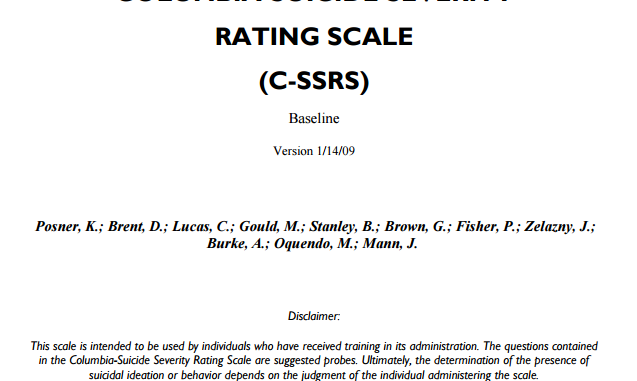
The C-SSRS is a questionnaire used for suicide assessment developed by Kelly Posner, PhD, David Brent, MD, Chris Lucas, MD, Madelyn Gould, PhD, MPH, Barbara Stanley, PhD, Greg brown, PhD, Prudence Fisher, PhD, Jaime Zelazny, NR, MPH, Ainsley Burke, PhD, Maria Oquendo, MD, and J. John Mann, MD. […]
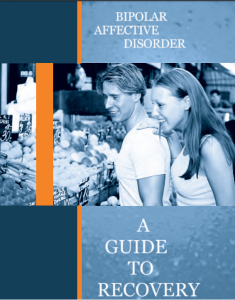
Individuals with bipolar disorder often spend many years seeking professional help and may get from three to four diagnoses from doctors before receiving a correct diagnosis. Early diagnosis is important as it can lessen the effects of the disorder on the individual. Individuals with bipolar disorder have an approximately 75-80 percent risk for alcohol and substance abuse. Marital fluctuation, chronic unemployment, and suicide are also prevalent. […]
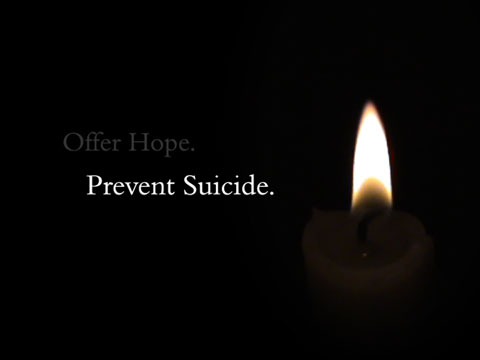
Suicidal people suffer from inner turmoil that leaves them feeling isolated and hopeless. Many people who struggle with suicidal tendencies fail to seek the help they so desperately need. The majority of suicidal people do not want to die; they just want to stop the pain. Suicide prevention starts with the sufferer recognizing the warning signs and admitting that they have a problem. Family and friends should also pay close attention to these warning signs to ensure the sufferer finds the help they need. Simply talking about suicidal thoughts and feelings can help save a life. […]

Beliefs run your genes. Gene expression is actually affected by consciousness (perception) and environment. Good therapy helps change self-destructive beliefs. […]
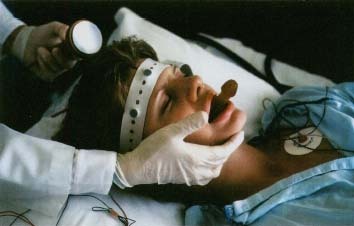

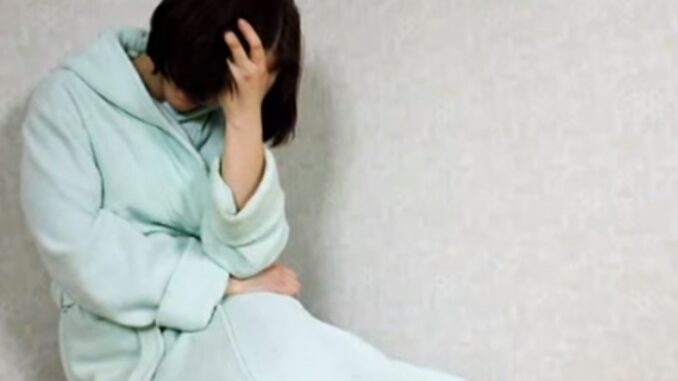
Something was terribly wrong with me when I allowed him to practice unsafe sex with me, later finding out I had caught an STD. When I questioned him about it, he announced that “everyone has that! Don’t make a big deal about it. I got it from the ocean”. He’d get angry when I questioned further about how he really got it. […]
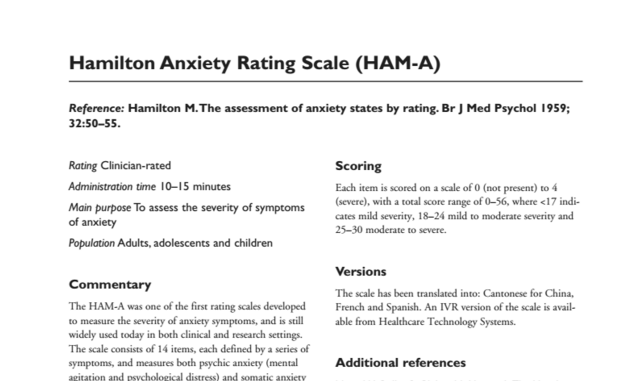
The Hamilton Anxiety Rating Scale (HAM-A) is a psychological questionnaire used by clinicians to rate the severity of a patient’s anxiety. Anxiety can refer to things such as “a mental state…a drive…a response to a particular situation…a personality trait…and a psychiatric disorder.” […]
Copyright © 2024 | MH Magazine WordPress Theme by MH Themes